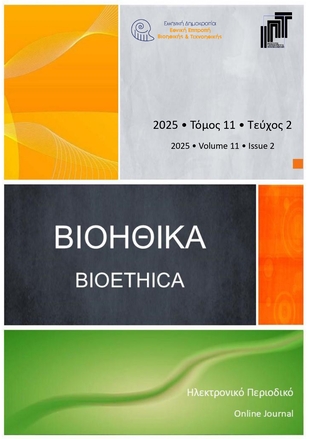On the risisng costs of veterinary care and the legal and ethical implications for pet animal welfare
Resumen
The sharp rise in veterinary care costs across Europe in recent years has created significant ethical and legal challenges concerning the welfare of pet animals. Since animals are recognized as sentient beings in both legal and ethical terms, the inability of many pet owners to access necessary veterinary care raises concerns about the broader consequences for animal welfare.
While inflation and technological innovation contribute to rising costs, many countries identify aggressive market consolidation by a few corporate actors as the primary cause. These dominant players reduce competition and limit price transparency, creating conditions that put animal welfare at risk by discouraging timely and affordable access to care, while also undermining veterinarians’ ability to operate independently and ethically.
In response, various legislative initiatives have been introduced. Germany enforces a fee schedule to regulate veterinary pricing; Greece has established municipal veterinary services for disadvantaged groups; the United Kingdom is investigating anti-competitive practices in the sector; and the United States of America has proposed tax deductions for veterinary expenses. These examples reflect differing approaches to distributing responsibility between the state, the profession, and pet owners.
To ensure long-term access to veterinary care and uphold animal welfare obligations, the report recommends a multifaceted regulatory strategy. This includes transparent pricing, proportional fee regulation, targeted public services, and safeguards against excessive market concentration. Rather than relying on one actor alone, a shared responsibility model is needed to ensure that economic barriers do not undermine legal and ethical commitments to protect animal welfare.
Article Details
- Cómo citar
-
Cvetkovic, A. (2025). On the risisng costs of veterinary care and the legal and ethical implications for pet animal welfare. Bioethica, 11(2), 27–39. https://doi.org/10.12681/bioeth.42842
- Sección
- Original Articles

Esta obra está bajo una licencia internacional Creative Commons Atribución 4.0.
Authors who publish with this journal agree to the following terms:
- Authors retain copyright and grant the journal right of first publication with the work simultaneously licensed under a Creative Commons Attribution CC BY 4.0 License, which allows for immediate free access to the work and permits any user to read, download, copy, distribute, print, search, or link to the full texts of articles, crawl them for indexing, pass them as data to software, or use them for any other lawful purpose. Appropriate credit must be given by citing the author(s) and the original publication in this journal.
- Authors are able to enter into separate, additional contractual arrangements for the non-exclusive distribution of the journal's published version of the work (e.g. post it to an institutional repository or publish it in a book), with an acknowledgement of its initial publication in this journal.
We encourage authors to deposit their articles, as well as data underlying the publications, in institutional and/or other appropriate subject repositories.
Bioethica permits and encourages authors to archive the final publication pdf in institutional (e.g. the repository of the National Hellenic Research Foundation) or other appropriate subject repositories (e.g. SSOAR repository for social sciences), in compliance with institutional and/or funder open access policies, after publication in the BIOETHICA. Authors must provide bibliographic details that credit publication in the journal, as well as related funding details (when applicable).
Lists of institutional and other subject-based academic open access repositories can be found listed by country at the registry http://opendoar.org/countrylist.php
If your institution does not possess a repository you may deposit a copy of your paper at no cost with www.zenodo.org , the repository supported for open access research in the EU by the European Commission, through the project OpenAIRE (www.openaire.eu )



